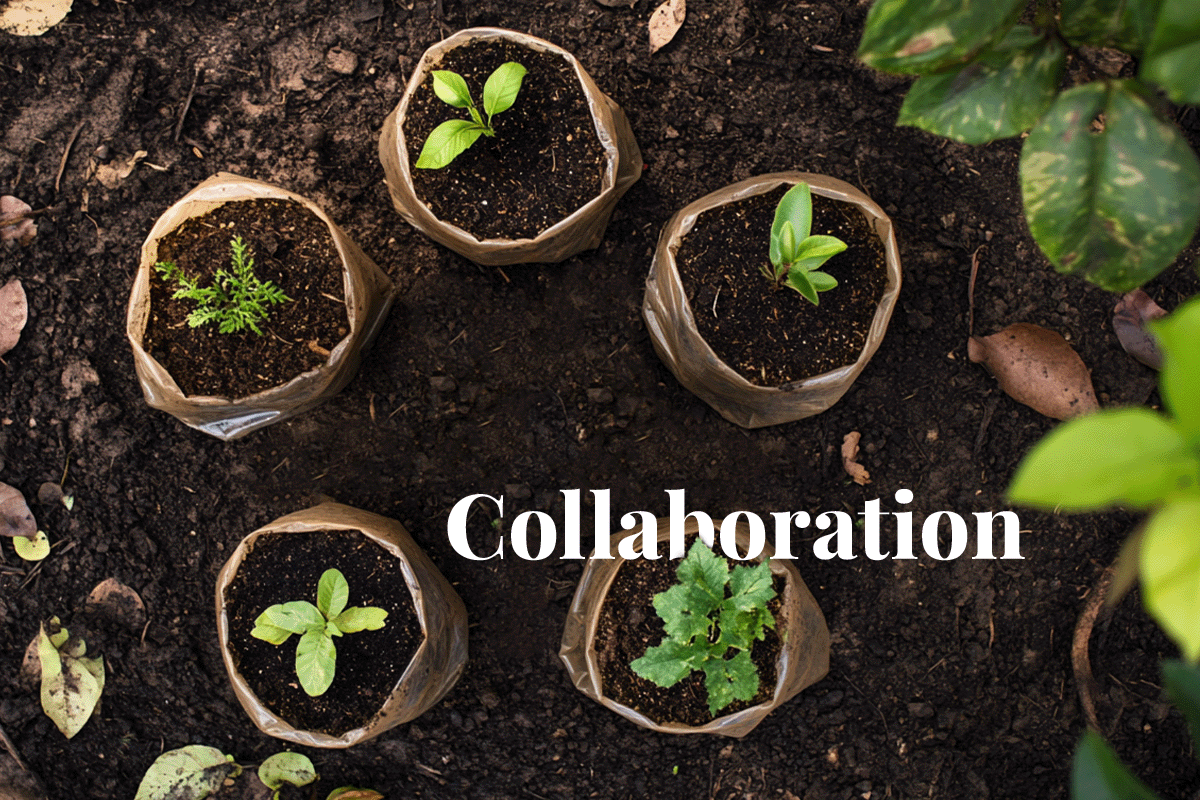The BRICS nations—Brazil, Russia, India, China, and South Africa—have signed a Memorandum of Understanding (MOU) to collaborate on carbon market initiatives. This agreement sets the stage for joint projects and targets, aiming to strengthen environmental action within the bloc.
 Top view of five deciduous tree seedlings arranged in a circle. AI generated picture.
Top view of five deciduous tree seedlings arranged in a circle. AI generated picture.
Russian Economic Development Minister Maxim Reshetnikov highlighted the unified position of BRICS nations in addressing the challenges posed by a set of measures from developed countries. He emphasised that such measures can create difficulties for emerging economies and impact global supply chains, with a focus on the EU's Carbon Border Adjustment Mechanism.
Read more: African leaders call for a minimum carbon price to strengthen carbon projects
The MOU complements a broader framework addressing mitigation, adaptation, and funding. It reflects BRICS' intent to pursue climate strategies that support their economic growth while offering an alternative to the approaches of the US, UK, and EU.
Several BRICS nations are already moving forward with their own carbon markets. Brazil is planning to launch its market ahead of the COP30 conference, India is finalising its system, and China continues to expand the world’s largest carbon market.
Read more: Irish companies driving positive environmental change
A key question arising from the MOU is how closely aligned BRICS markets will be with the UN’s global carbon market framework under Article 6 of the Paris Agreement. BRICS nations, which produce 44% of global crude oil, have pledged to transition away from fossil fuels at a slower pace than G7 countries.
As countries advance their carbon credit strategies, carbon finance is becoming increasingly more important to support sustainable development. DGB Group's carbon projects focus on nature conservation and biodiversity through nature-based solutions in high-priority areas like Africa, where we not only restore vital ecosystems but also uplift local communities by creating jobs, providing training, and generating additional income opportunities. By addressing your carbon footprint with DGB, you contribute to the restoration of nature while enhancing local livelihoods and empowering communities.
Discover the power of DGB’s carbon units



